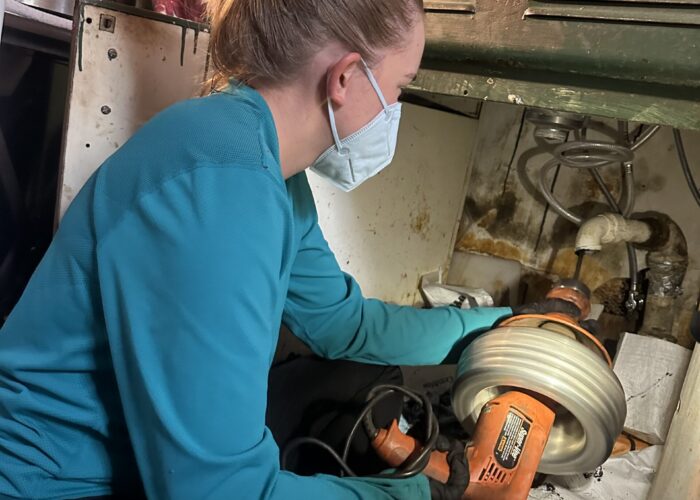How the spiritual giftings of Ephesians 4:11 work together in the context of Acts 11.
Discussion questions
- What does the term “apostle” mean?
- How does the video describe the relationship between the churches in Jerusalem and Antioch?
- How did the church in Antioch became a sending church? Why is it significant that Antioch became a missional — or sending — church? What is significant about the types of sending that the Antioch church was involved in? What can the church today learn from these examples?
- Where do we see prophets in this story, and what were their roles in the mission of God?
- How does the depiction of prophets in this text fit your understanding of prophecy? How does it stretch your understanding of prophecy?
- The word “evangelist” — and “evangelism” — is derived from a Greek word meaning “good message” or “good news” — also “gospel” or “evangel.” What made the men of Cyprus and Cyrene particularly good messengers? What lessons can we learn from them about announcing the good news today?
- The text says that Barnabas “rejoiced” when he “saw the grace of God” among the believers in Antioch (v. 23, NRSV). Can you think of a time when someone recognized the gifts of God in you? What impact did that have on your life?
- “Advocate” (Greek: paraklētos, paracletos) is a term used by Jesus to describe the Holy Spirit (John 14:16-17). The verb form is used when Barnabas “encouraged” or “exhorted” the church. How was Barnabas an “advocate”? Whom did he advocate for? What did he advocate for?
- Paraclete means “to call to the side of.” So Barnabas was someone who was called to the side of, or called to be with, others. Does this fit your understanding of what it means to be a pastor?
- What made Barnabas a good pastor? What reasons does the text give for his actions?
- Why did Barnabas go to Tarsus to look for Saul? What was his purpose in bringing Saul to Antioch?
- The text says that Barnabas and Saul “taught a great many people” in Antioch (v. 26, NRSV). Where else in Acts do we see examples of the church as a learning community or a group of believers committed to the teachings of Jesus? What can we learn from these examples?
- “One plants, another waters, but God gives the growth” (1 Corinthians 3:6, paraphrased). How are these words of Paul illustrated in the story of Acts 11:19-30? What difference does believing that “God gives the growth” make in the life of the church? What would a church that believes this look like? What difference might this make for how the church does mission?




